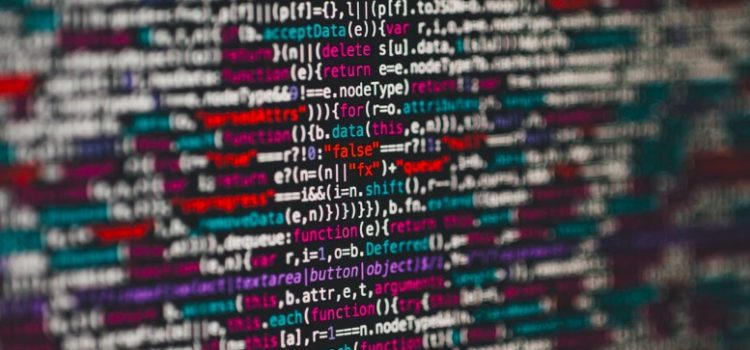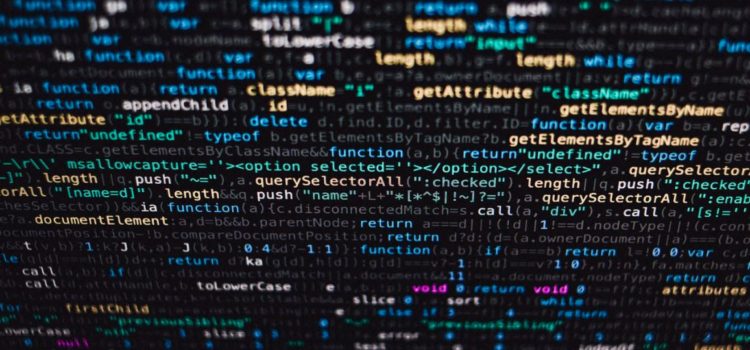How can we use big data to study social science? How does data give us more insight into the social sciences? Through search data, researchers can discover psychological and sociological information that traditional surveys couldn’t provide. Seth Stephens-Davidowitz, the author of Everybody Lies, uses Freud’s theories of sexuality as an example. Read how to receive social science data with the help of big data.
How Is Social Science Data Collected? Big Data!









